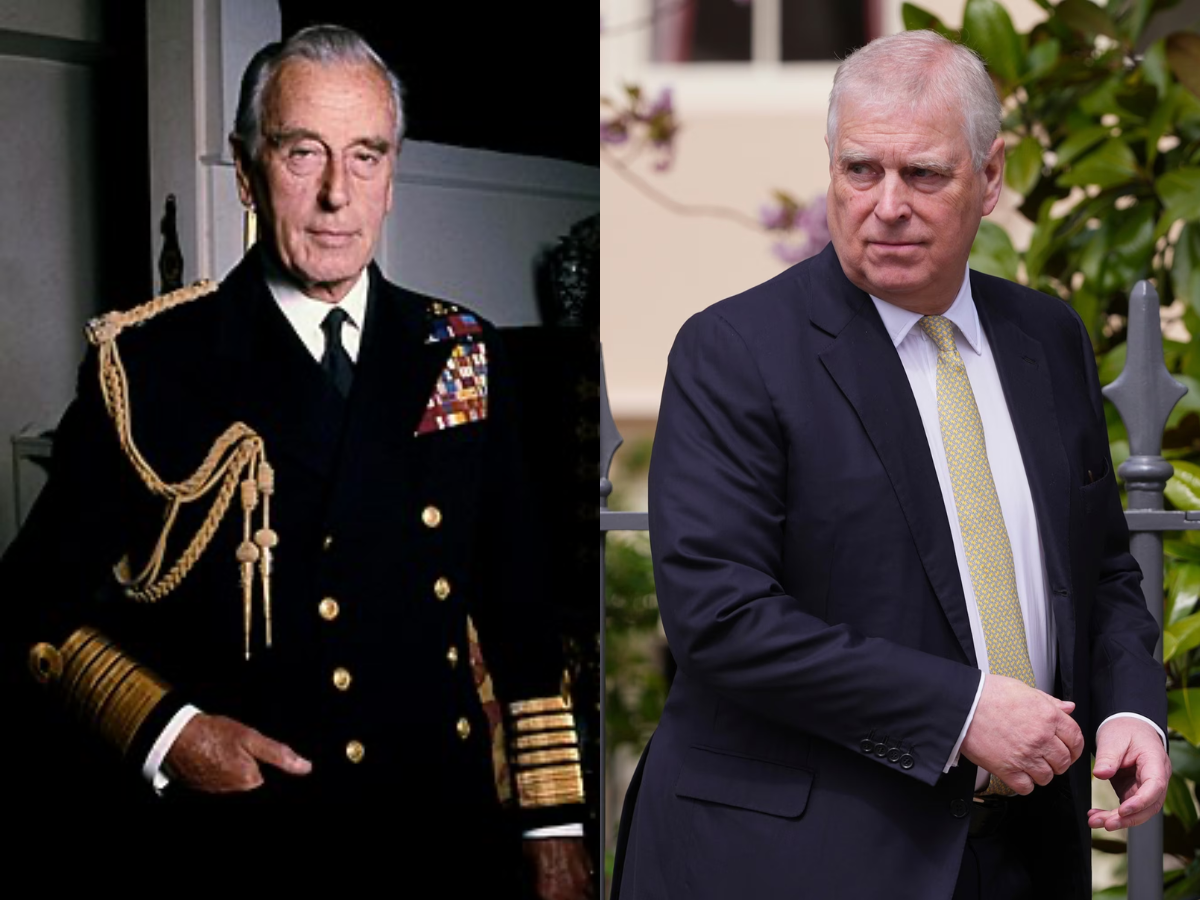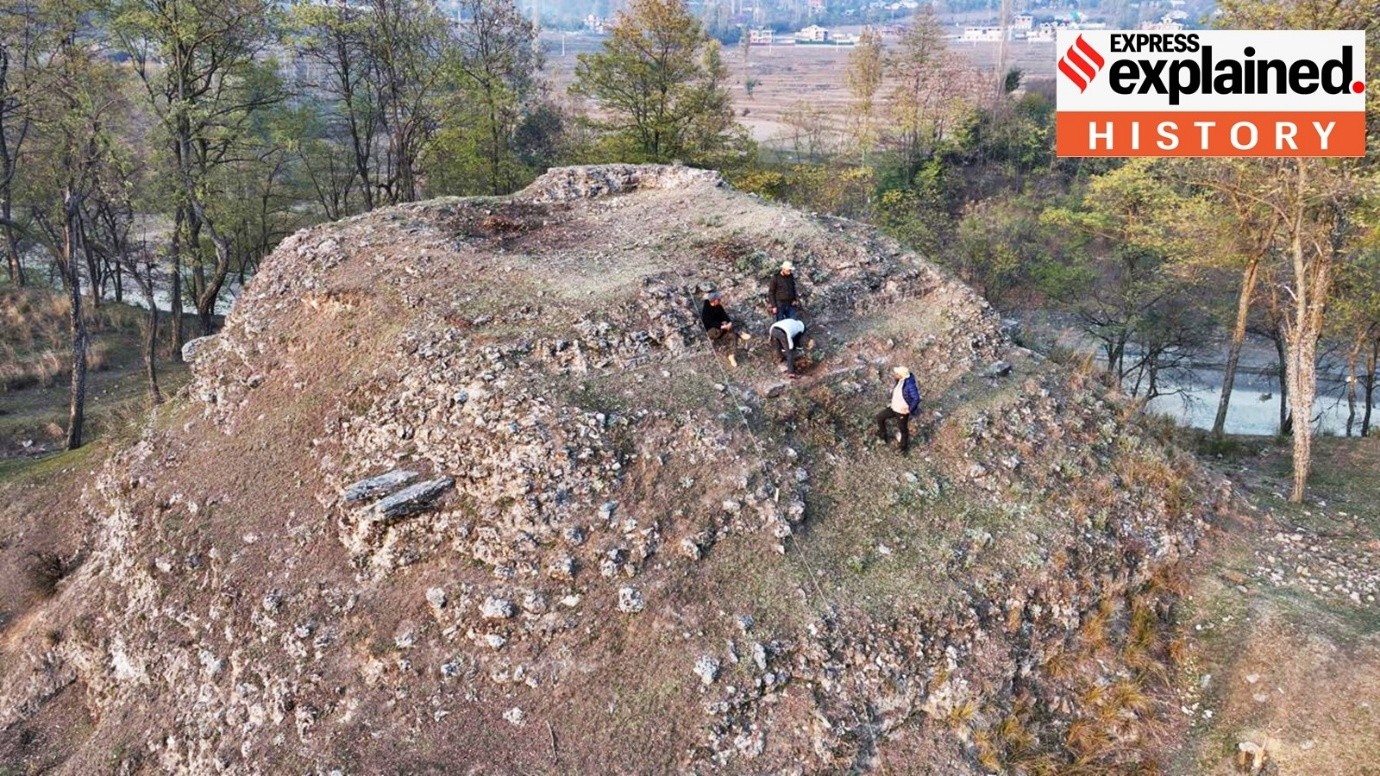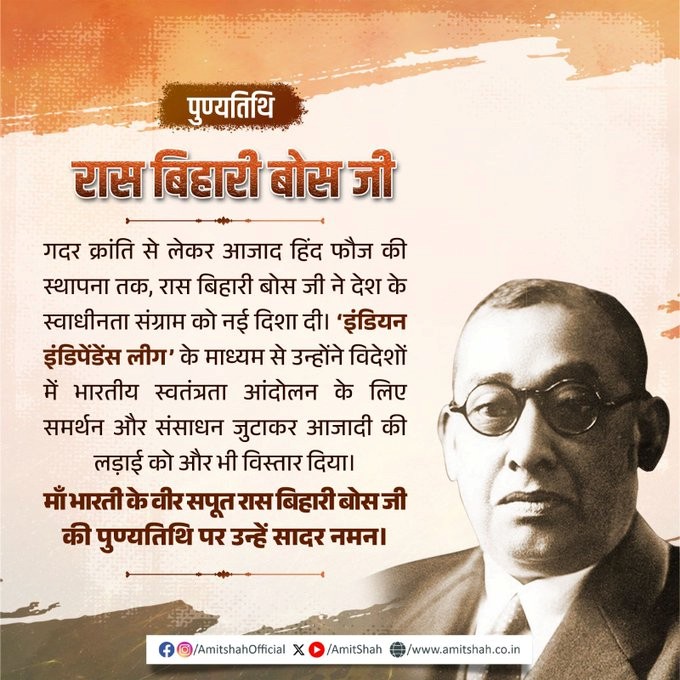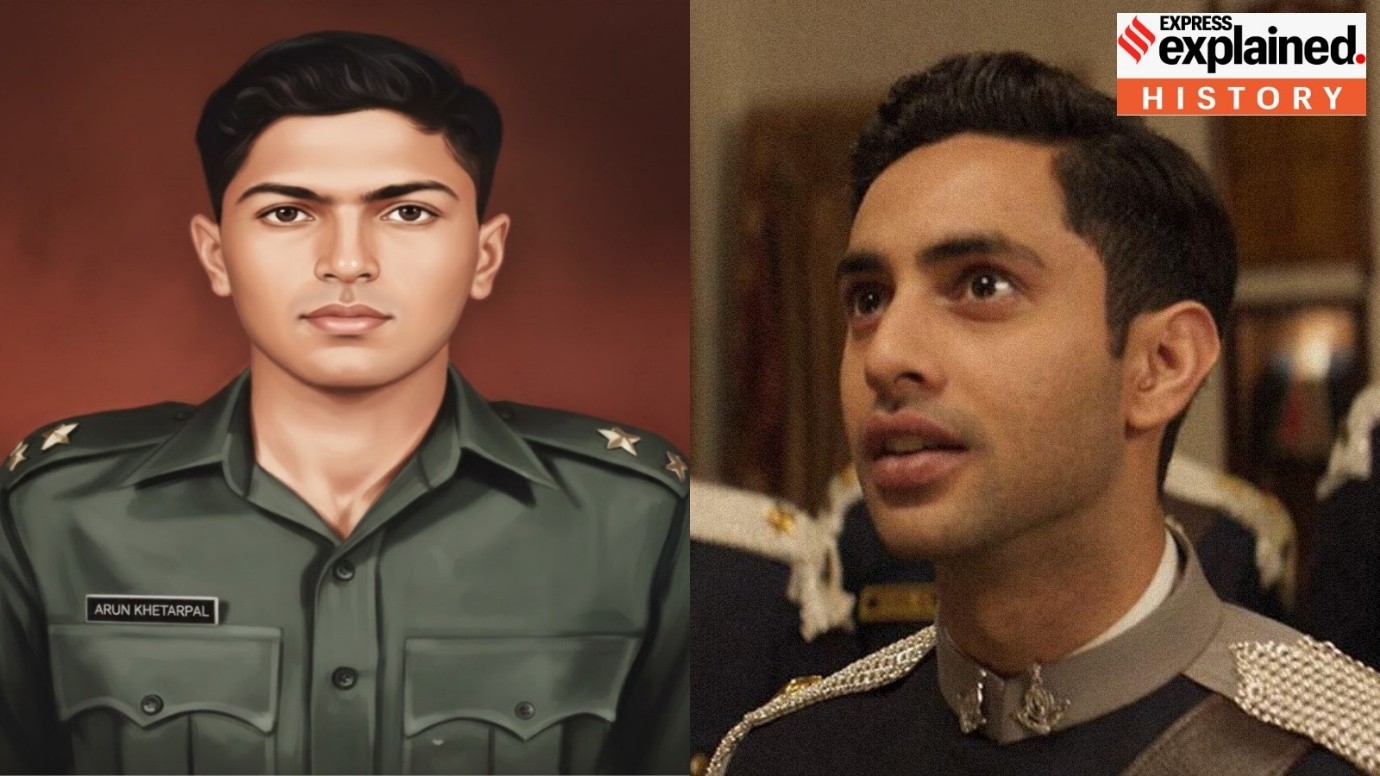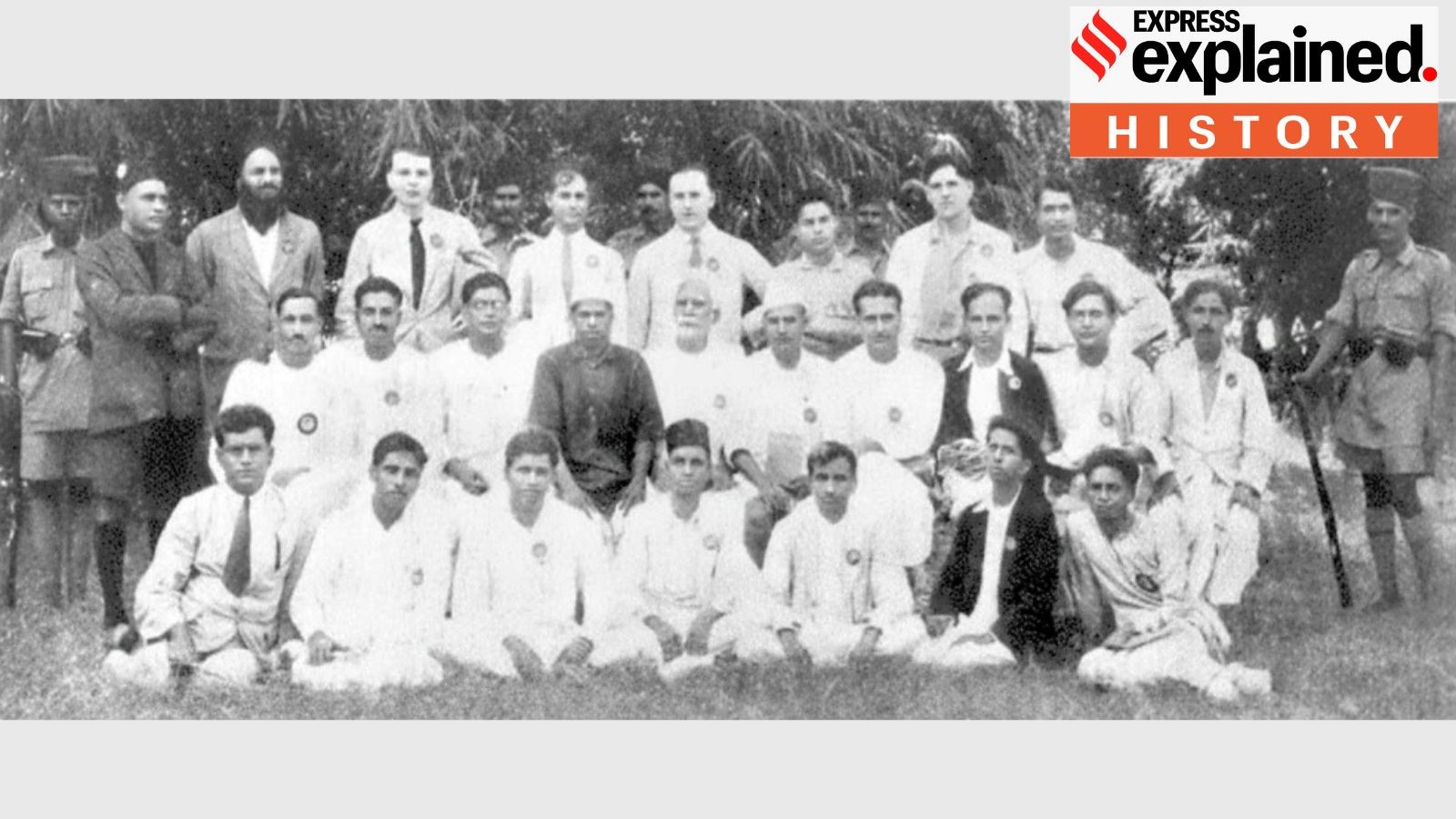Description
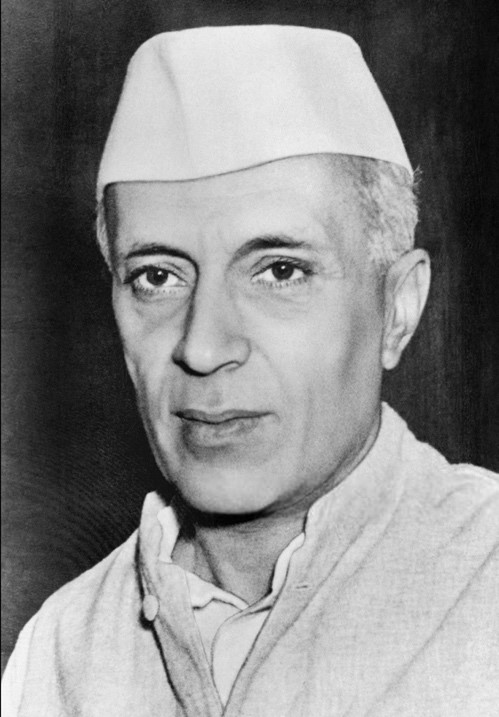
Disclaimer: Copyright infringement not intended.
Context
- The Prime Minister, Shri Narendra Modi has paid tributes to former Prime Minister Pandit Jawaharlal Nehru on his death anniversary.
About Pt. Jawaharlal Nehru
Early Life
- He was born in Allabahad on November 14, 1889.
- He received his early education at home under private tutors.
- At the age of fifteen, he went to England and after two years at Harrow, joined Cambridge University where he took his tripos in Natural Sciences.
- He was later called to the Bar from Inner Temple. He returned to India in 1912 and plunged straight into politics.
Freedom Struggle
- Even as a student, he had been interested in the struggle of all nations who suffered under foreign domination.
- He took keen interest in the Sinn Fein Movement in Ireland. In India, he was inevitably drawn into the struggle for independence.
- In 1912, he attended the Bankipore Congress as a delegate, and became Secretary of the Home Rule League, Allahabad in 1919.
- In 1916 he had his first meeting with Mahatma Gandhi and felt immensely inspired by him.
- He organised the first Kisan March in Pratapgarh District of Uttar Pradesh in 1920.
- He was twice imprisoned in connection with the Non-Cooperation Movement of 1920-22.
- Nehru became the General Secretary of the All India Congress Committee in September 1923.
- He toured Italy, Switzerland, England, Belgium, Germany and Russia in 1926.
- In Belgium, he attended the Congress of Oppressed Nationalities in Brussels as an official delegate of the Indian National Congress.
- He also attended the tenth anniversary celebrations of the October Socialist Revolution in Moscow in 1927.
- Earlier, in 1926, at the Madras Congress, Nehru had been instrumental in committing the Congress to the goal of Independence.
- While leading a procession against the Simon commission, he was lathi-charged in Lucknow in 1928.
- On August 29, 1928 he attended the All-Party Congress and was one of the signatories to the Nehru Report on Indian Constitutional Reform, named after his father Shri Motilal Nehru.
- The same year, he also founded the ‘Independence for India League’, which advocated complete severance of the British connection with India, and became its General Secretary.
- In 1929, Pt. Nehru was elected President of the Lahore Session of the Indian National Congress, where complete independence for the country was adopted as the goal.
- He was imprisoned several times during 1930-35 in connection with the Salt Satyagraha and other movements launched by the Congress.
- He completed his ‘Autobiography’ in Almora Jail on February 14, 1935.
- On October 31, 1940 Pt. Nehru was arrested for offering individual Satyagraha to protest against India’s forced participation in war.
- On August 7, 1942 Pt. Nehru moved the historic ‘Quit India’ resolution at the A.I.C.C. session in Bombay. On August 8,1942 he was arrested along with other leaders and taken to Ahmednagar Fort. This was his longest and also his last detention. In all, he suffered imprisonment nine times.
- After his release in January 1945, he organized legal defence for those officers and men of the INA charged with treason. In March 1946, Pt. Nehru toured South East Asia.
- He was elected President of the Congress for the fourth time on July 6, 1946 and again for three more terms from 1951 to 1954.

Books Written
- The Discovery of India, Glimpses of World History, An Autobiography, Letters from a Father to His Daughter.
After independence
- Nehru became the interim prime minister of India in September 1946.
- Upon India's independence on 15 August 1947, Nehru gave a critically acclaimed speech, "Tryst with Destiny"; he was sworn in as the Dominion of India's prime minister.
- Nehru's government had to supervise the resettlement of millions of migrants who had emigrated from Pakistan after the partition, as well as the political integration of India and the drafting of the constitution, and the efforts to maintain law and order following the asassination of Gandhi.
- Nehru's government also had to face the First Indo-Pakistani War in 1947–48 after Pakistan disputed the accession of the princely state of Jammu and Kashmir into India.
- He promoted a pluralistic multi-party parliamentary democracy.
- His government promoted a mixed economy and import substitution industrialization to support industrialisation and economic development.
- Nehru also promoted science and technology by establishing many institutions of higher learning, and supporting the development of atomic power.
- Various legislations were introduced to criminalise caste discrimination and increase the legal rights and social freedoms of women.
- Nehru favoured Hindi as an unifying language, but passed the Official Languages Act to ensure that English would remain an official alternative to Hindi for non-Hindi speakers.
- In foreign affairs, Nehru played a leading role in establishing the Non-Aligned Movement, a group of nations that did not seek membership in the two main ideological blocs of the Cold War.
- In 1962, the Sino-Indian War broke out over the Sino-Indian border dispute.
- Although the war ended with China's withdrawal to its pre-war position, Nehru drew some criticism domestically for India's foreign policy leading up to the war and its performance relative to China.
- Nehru remained popular with the Indian people and his premiership, spanning 16 years and 286 days—which is, to date, the longest in India—ended with his death on 27 May 1964 from a heart attack.
- His birthday, 14 November, is celebrated as Children's Day in India.
|
PRACTICE QUESTION
Q) During Nehruvian era various legislations were introduced to criminalise caste discrimination and increase the legal rights and social freedoms of women. Discuss. (250 words)
|

https://pib.gov.in/PressReleasePage.aspx?PRID=1927644






